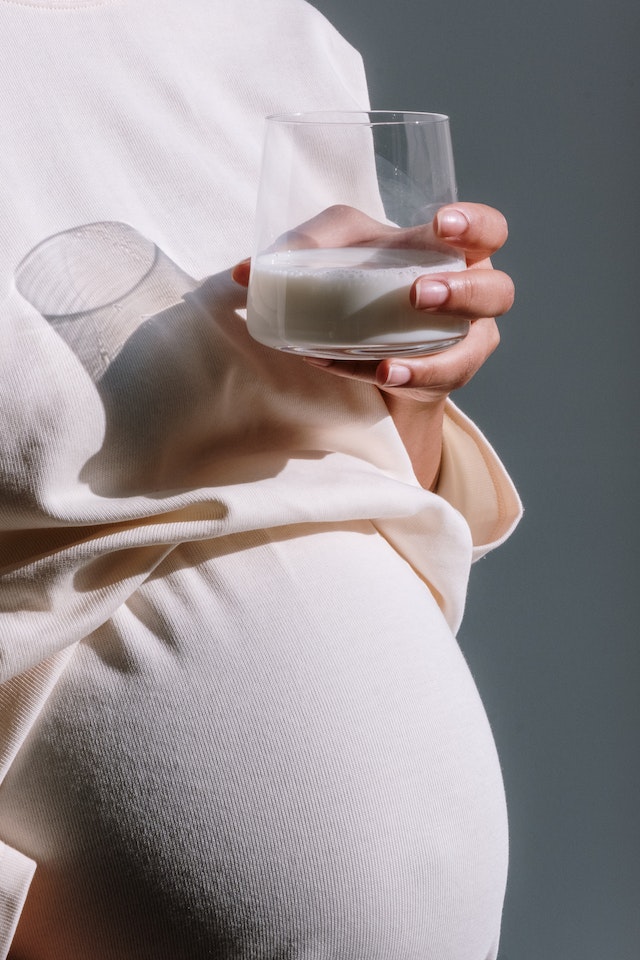Introduction:
Water birth is a delivery method that has gained popularity among expectant mothers seeking a more natural and
gentle birthing experience.
By giving birth in a warm water tub or pool, women can experience a sense of relaxation and buoyancy, potentially
reducing the intensity of labor pains.
In this article, we will explore the pros and cons of water birth and provide valuable insights into what you need to
know about this unique birthing option.
Pros of Water Birth:
Natural pain relief:
Immersing in warm water during labor has been known to provide natural pain relief by promoting relaxation and
reducing stress.
The buoyancy of the water can also help lessen the pressure on the mother’s joints and muscles.
Increased mobility and comfort:
Being in water allows expectant mothers to move more freely, find comfortable positions, and change their body
posture during labor.
This increased mobility can aid the progression of labor and potentially reduce the duration of the birthing process.
Gentle transition for the baby:
Babies have spent nine months in the amniotic fluid, making a water birth a gentle transition into the outside world.
The warm water can provide a soothing environment, resembling the womb, which may help the baby feel calm and
secure during the birth.
Reduced risk of tearing:
Water birth is associated with a lower risk of severe perineal tearing.
The warm water helps to relax the perineal muscles and the surrounding tissues, making them more elastic and
reducing the likelihood of extensive tearing during delivery.
Increased maternal satisfaction:
Many women who have experienced water birth report higher levels of satisfaction with their birthing experience.
The serene and private environment of a water birth can contribute to a positive emotional experience and a greater
sense of empowerment.
Cons of Water Birth:
Limited access to pain relief options:
While water can provide natural pain relief, it may not be sufficient for some women.
In certain situations, such as complications or medical interventions, access to other pain relief methods like epidurals
may be limited during a water birth.
Risk of infection:
Although the risk is relatively low, there is a possibility of infection during water birth if the birthing environment and
equipment are not properly maintained and sanitized.
It is crucial to ensure that the water source is clean and regularly monitored to minimize any potential risks.
Difficulty in monitoring the baby:
Continuous monitoring of the baby’s heart rate during labor is essential for detecting any signs of distress.
In a water birth, monitoring the baby can be challenging, and it may require the use of special equipment or
intermittent monitoring techniques to ensure the well-being of both the mother and the baby.
Limited availability and logistical considerations:
Water birth may not be widely available in all healthcare settings. Additionally, if you are considering a water birth at
home, there are logistical considerations such as acquiring a suitable birthing pool, ensuring proper sanitation, and
having a qualified healthcare professional experienced in water births present.
What You Need to Know about Water Birth:
Discuss with your healthcare provider:
Before considering a water birth, consult with your healthcare provider or midwife to determine if you are a suitable
candidate for this birthing option.
They will assess your medical history, the progress of your pregnancy, and any potential risk factors that may affect
your eligibility for a water birth.
Preparation and planning:
If you decide to proceed with a water birth, make sure to prepare adequately.
This includes arranging for a qualified healthcare professional experienced in water births to be present, ensuring a
clean and well-maintained birthing pool or tub, and familiarizing yourself with the steps involved in water birth.
Education and support:
Attend childbirth education classes that cover water birth to gain a deeper understanding of the process, benefits,
and potential risks.
Surround yourself with a supportive birth team, including your partner or a trusted companion who can provide
emotional support during the water birth.
Conclusion:
Water birth can offer expectant mothers a unique and potentially empowering birthing experience.
The benefits of natural pain relief, increased comfort and mobility, and a gentle transition for the baby are appealing
to many women.
However, it is essential to weigh the pros and cons, consider individual circumstances, and consult with healthcare
professionals to determine if water birth is the right choice for you.
By making an informed decision and preparing adequately, you can enhance the chances of having a positive water
birth experience.
![]()











